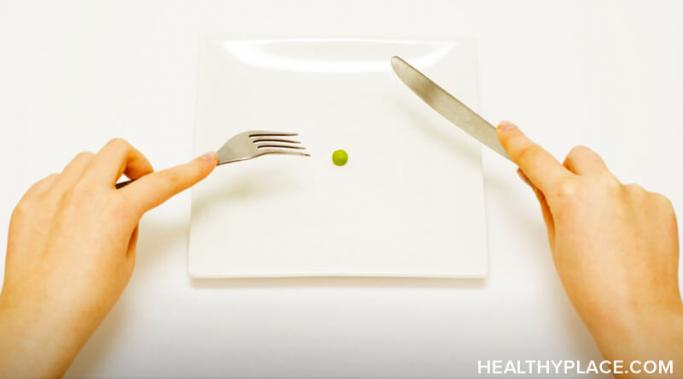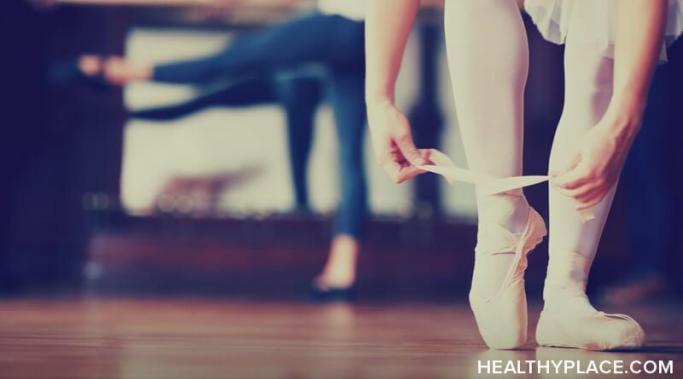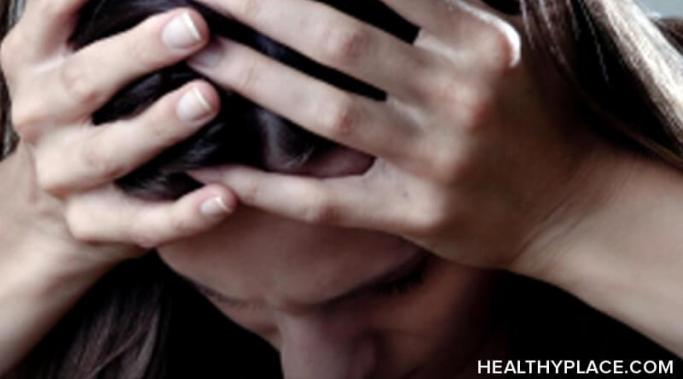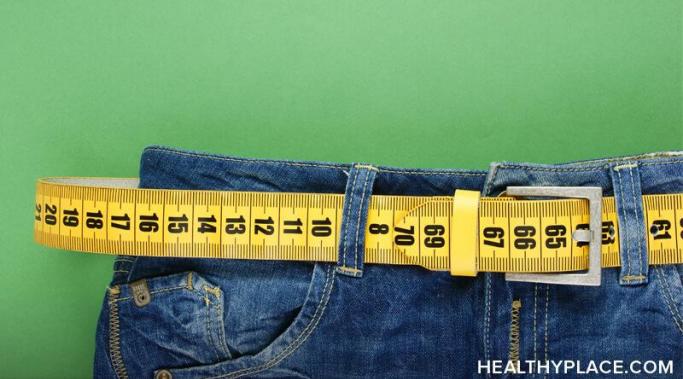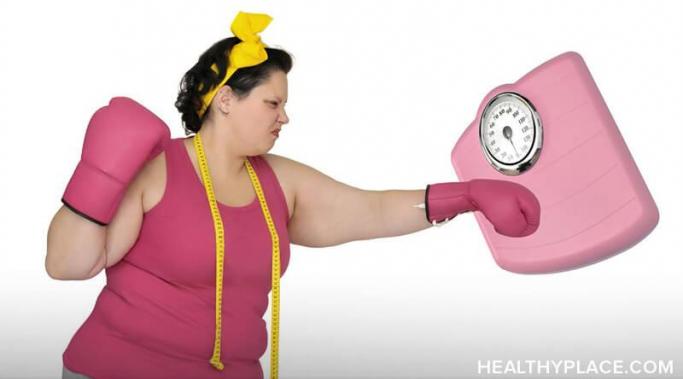If you live confined within a scarcity mindset, then be warned: this mentality can—and often does—turn into an eating disorder. The term scarcity mindset refers to a belief that you do not deserve abundance and lack a sense of personal worth, so you act out of self-denial instead of nourishment and freedom. This can lead to dangerous behaviors, such as caloric restriction in an effort to deprive or discipline yourself, which could become a full-blown eating disorder over time. A scarcity mindset is detrimental to your healing, but it can be overcome in eating disorder recovery.
Identity
I know firsthand just how much of a challenge it can be to prioritize eating disorder recovery this time of year—or even in general, for that matter. So if your commitment to healing is wavering at the moment, I want to share with you five reasons why I believe that eating disorder recovery is worth it. This is not to minimize the pain or turmoil you might feel, but I do hope the list below inspires and encourages you to continue on the path to reclaiming a healthy, empowered life. Eating disorder recovery is no simple feat, but I can tell you from experience, the outcome is so worth it.
Last week in a counseling session, my therapist issued me an assignment: Write a "dear body" letter to myself. In the past, I have done similar exercises, like the goodbye letter I wrote to my eating disorder in 2018. But this undertaking feels much different.
Just recently, I noticed something beautiful unfold within me: eating disorder recovery taught me to love my inner child after decades of rejecting her. This did not materialize overnight, but now it feels like coming home to a version of me who remembers a time before anorexia first lurked onto the scene.
If I had to wear a name badge in public each day, it would announce to everyone around me: "Hello, my name is Perfectionist." This might seem vain or self-important, but in truth, it's debilitating because perfectionism is a roadblock to eating disorder recovery. The merciless expectations of achievement, the rigorous standards of appearance, and the continuous loop of self-deprecation can form just the right conditions for an eating disorder to take root. Therefore, to heal from an eating disorder, the roadblock of perfectionism must be overcome. This is hard work—but so necessary and worthwhile.
As a young woman, I am unfortunately no stranger to crude—and sometimes coercive—innuendos aimed in my direction. Like countless other women, I have been taught to use car keys as weapons of self-defense, and I know all the tactics designed to repel an attacker. However, not until I was sexually assaulted in 2017 did I recognize the full impact of this type of violation and the residual trauma it causes. Nor was I ready for how this would further exacerbate and complicate my eating disorder. But three years later, the truth remains: my eating disorder makes it difficult to heal from sexual assault.
Can I share a fundamental, irrevocable truth that you just might need to hear? Your personal identity is more than an eating disorder. Even if you cannot imagine a life without this illness right now, I want you to know that recovery is attainable, and you are capable of existing in a world that does not revolve around your eating disorder. How can I voice this with absolute confidence? The answer is simple—in these past few years, I have been on a crusade to unearth and reclaim my own identity outside the diagnosis of anorexia nervosa; so if I can do this, I guarantee you have the same potential, too.
If you have a history of eating disorder behaviors or mindsets, then you have most likely body checked yourself, or stood in front of a mirror and scrutinized your reflection with a severe and merciless eye. Chances are, you understand how it feels to wither beneath your own cruel gaze which repeatedly dissects the size, weight, shape, and curvature of a frame that will never be adequate to you. This ritual is known as compulsive body checking, and it can worsen your eating disorder tendencies. But if that toxic pattern sounds familiar, rest assured, it is possible to break yourself of a compulsive body checking habit.
Dating someone with an eating disorder can be challenging. I know every single one of my past relationships was affected by my eating disorder, and while there are undeniably things I could have done differently, there are also things I wish I'd been able to articulate to my exes to make the relationship easier.a
When I first stumbled upon actress and activist Jameela Jamil's "I Weigh" social media account two years ago, I breathed an audible sigh of relief. Here was a celebrity using her enormous platform to raise awareness to the overlooked truth that humans are worth more than the size and shape of their bodies.
